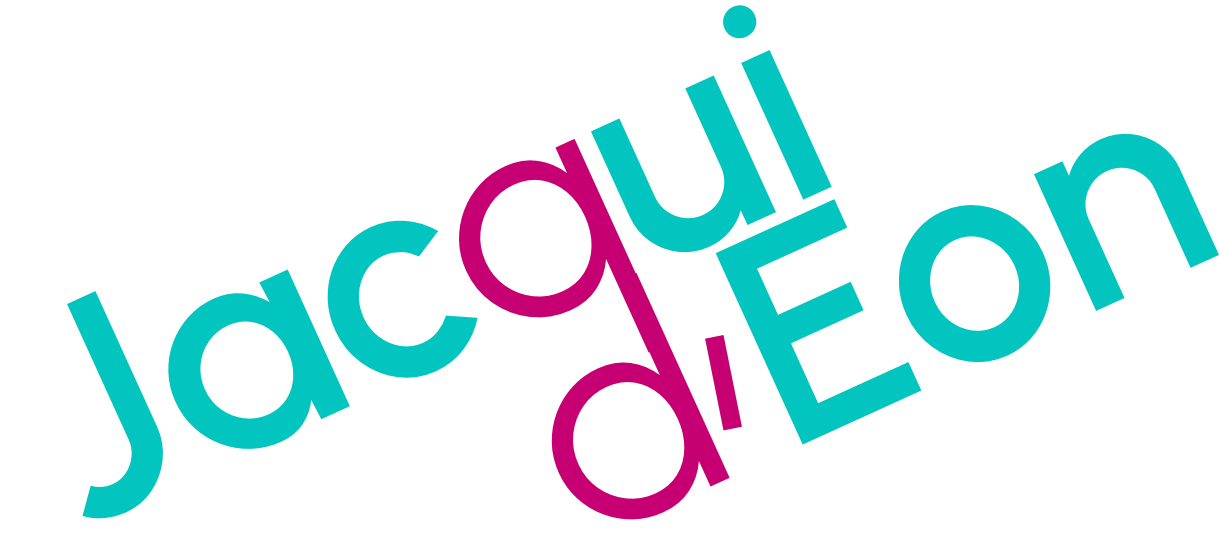
I am a busy person. What I have learned over the years is that when I allow my calendar and busy-ness to overwhelm me and make me feel stressed, I accomplish less and get behind on projects.
Fortunately, the calendar is the very tool that I use to help me keep my balance. Every week, I gauge my progress on my goals and assess my balance both by looking back and looking ahead. I have learned a few tricks along the way, and I call these my 10 Golden Rules for balancing a busy life. I hope these will help you achieve your balance:
- If it needs to happen, put it on the calendar (and use only one!). I have tried many scheduling options over the years. I’ve tried paper, I've tried calendar and project lists, I’ve used several online options. The one thing that works for certain is to use only one calendar. If you are part of a project team that keeps a separate calendar, put milestone dates on your personal calendar and add a note to yourself to check the team schedule regularly for changes. You can also add reminders about when your credit card statements are issued, when you need to follow-up with friends and clients, birthdays and anniversaries, etc. Schedule weekly commitments as recurring events.
- Commit to your calendar. If you need to attend your child’s school play or sports event, put that on your calendar complete with travel time. That way if someone asks for your time during that event, you won’t disappoint your child and you have the will to say no and negotiate a different time for the meeting. One of the tricks I use for this is to colour-code events that cannot be compromised.
- Carry your calendar with you at all times. If you are using an online calendar, this is easy and you can see it on your phone. If you choose paper, carry it with you – this will be an important consideration when you purchase your calendar. Why carry it? Inevitably, you will meet someone or see something while you are away from your desk, and you will be able to check your availability as well as suggest alternate dates on the spot.
- Everything takes time, including travel. This commandment is important for two reasons, it can take 30 minutes to travel just a few blocks if you live in a large city, so putting travel time on your calendar for geographically dispersed commitments ensures you don’t jam yourself up. Murphy’s Law would suggest that even the simplest tasks often take longer than you expect.
- Allow time between appointments for “work.” This is a bit of a corollary to “everything takes time.” Even if you only need a bathroom break, it is impossible to attend one meeting until 10 AM and be at your next meeting at 10 AM! You need to end the first meeting a few minutes before 10 or start the next one a bit after 10. Keeping people waiting or leaving a meeting early is disrespectful to others. So many people go from meeting to meeting and then do their “work” at night or on weekends because there is no time in the day. If someone else is managing your calendar, make sure they protect work time for you. Also, it is a good practice to have some flexibility to enable a meeting with someone else to run slightly overtime and for you to write your notes before you move on to the next thing.
- Log it and forget it. If there are recurring things you need to do, put them in your calendar. Whether it is paying bills, remembering birthdays or vacation dates... if you put the dates in your calendar, you can forget about remembering them because you can always look them up.
- Focus. When the time has come to do something, try very hard to be “in the moment” and give it your full focus. Dividing your attention or worrying about the next thing only means it takes longer to complete the task.
- Be flexible. If everything that needs to happen is on your calendar, it is easier to make decisions about dates/time that can be flexed to accommodate unplanned opportunities. But be careful, if you flex too much, you may lose sight of your priorities.
- Treat yourself for a job well done. I have a number of hobbies and, like most people, I would rather pursue them than work. So, when I have a lot to accomplish in a day, I try to treat myself with a bit of time on a hobby when a task is complete.
- Write a To Do list. With all the calendaring, you might wonder why this is necessary. I find a To Do list written at the end or beginning of each day helps to solidify the goals for the following day and how time will be spent. Try to identify the three things that must be done each day -- the rest of the list may reflect “should’s” or “could’s.”
Life isn’t perfect and even the best plans can go askew, but spending a bit of time understanding your time enables you to feel more in control. And when you do that, you will accomplish the things that are important to you.

